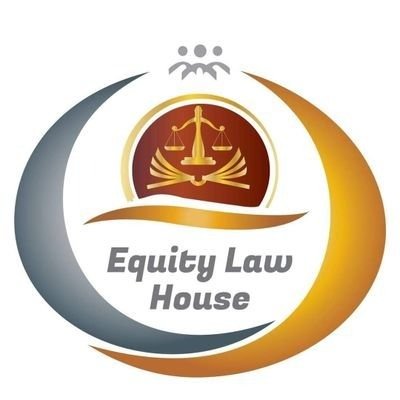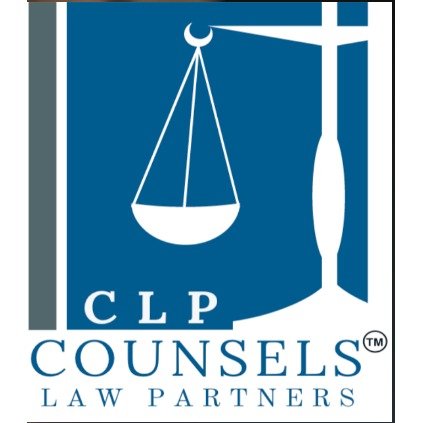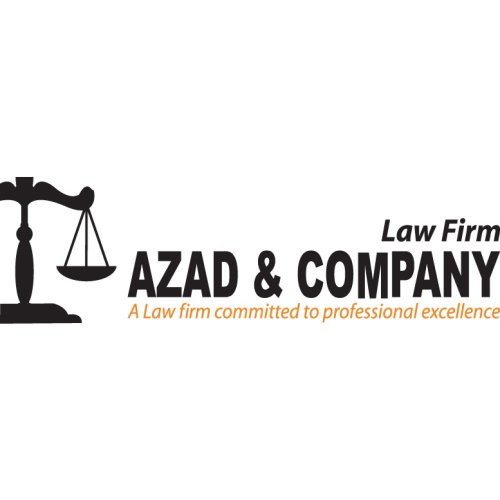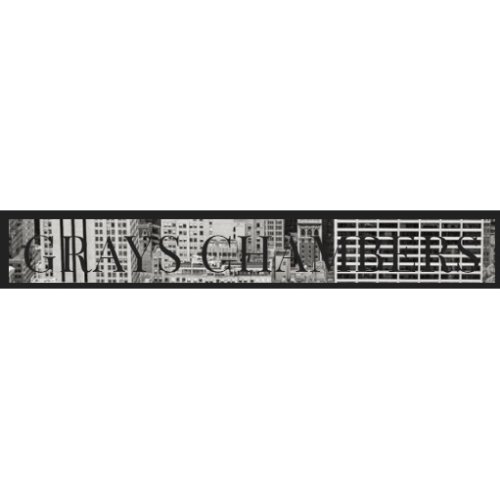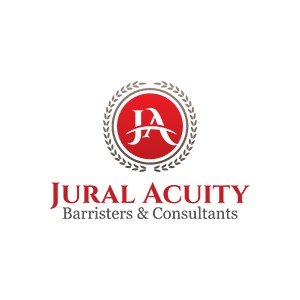Best Tax Increment Financing Lawyers in Dhaka
Share your needs with us, get contacted by law firms.
Free. Takes 2 min.
List of the best lawyers in Dhaka, Bangladesh
About Tax Increment Financing Law in Dhaka, Bangladesh
Tax Increment Financing (TIF) is an innovative public financing method used in various countries to promote economic development, including in Dhaka, Bangladesh. TIF means the diversion of future increases in property taxes generated by a new development or infrastructure project to fund that project. Though not extensively utilized, this mechanism provides a means for local governments to generate revenue for redeveloping areas that are underperforming economically without raising taxes.
Why You May Need a Lawyer
Engaging a lawyer experienced in Tax Increment Financing might be necessary for several reasons. Individuals or businesses considering a TIF project must understand the complex financial and legal frameworks involved. Common situations include:
- Negotiating and drafting TIF agreements with local authorities.
- Seeking guidance on compliance with Bangladeshi laws and regulations.
- Addressing disputes related to the execution of TIF-funded projects.
- Understanding the financial obligations and tax implications of a TIF project.
Local Laws Overview
While Bangladesh does not have specific legislation exclusively for TIF, various aspects of laws pertaining to urban development, taxation, and municipal governance are relevant:
- The role of local government in facilitating and approving development projects.
- Taxation laws that might affect the structuring of a TIF deal.
- Policies on urban development and public-private partnerships.
Legal advice may be needed to navigate these interrelated areas effectively.
Frequently Asked Questions
What is Tax Increment Financing?
Tax Increment Financing is a public financing method that uses future gains in taxes to finance current improvements, which are theoretically expected to create those increased local taxes.
Is TIF legal in Bangladesh?
There is no specific legislation for TIF in Bangladesh, but it's implemented using existing urban development and tax laws.
Who can use TIF in Dhaka?
Local authorities and developers can utilize TIF for redevelopment projects, subject to approval from relevant government entities.
What are the benefits of TIF?
TIF can help redevelop areas without raising taxes, stimulate local economy growth, and attract private investment.
What are the risks associated with TIF?
Poorly planned TIF projects might not generate expected returns and could lead to increased financial burdens on the community.
What steps are involved in initiating a TIF project?
Steps typically include project planning, feasibility studies, approval from relevant authorities, and public consultation where necessary.
How are the increment taxes calculated?
Increment taxes are calculated based on the increase in property values due to the redevelopment compared to an established baseline.
Can TIF be used for residential projects?
TIF is generally used for commercial or mixed-use projects, but residential projects can be included if they contribute to economic development.
What are the compliance requirements for TIF projects?
Compliance involves following planning, taxation, and urban development regulations and ensuring transparency with tax revenue usage.
How can disputes related to TIF projects be resolved?
Legal disputes can be addressed through negotiation, mediation, or litigation, often requiring professional legal assistance.
Additional Resources
For more information or assistance, you might consider reaching out to:
- Ministry of Local Government, Rural Development and Co-operatives.
- Dhaka City Corporation for city planning and local development ordinances.
- Professional associations such as the Bangladesh Bar Council for referrals to legal professionals.
Next Steps
If you need legal assistance with Tax Increment Financing, consider the following steps:
- Conduct a preliminary assessment of your project to determine its feasibility under TIF.
- Consult with a legal professional experienced in Dhaka’s urban development and taxation laws.
- Prepare necessary documentation and applications as advised by your legal counsel.
- Engage with local authorities to initiate the process and comply with all regulatory requirements.
Lawzana helps you find the best lawyers and law firms in Dhaka through a curated and pre-screened list of qualified legal professionals. Our platform offers rankings and detailed profiles of attorneys and law firms, allowing you to compare based on practice areas, including Tax Increment Financing, experience, and client feedback.
Each profile includes a description of the firm's areas of practice, client reviews, team members and partners, year of establishment, spoken languages, office locations, contact information, social media presence, and any published articles or resources. Most firms on our platform speak English and are experienced in both local and international legal matters.
Get a quote from top-rated law firms in Dhaka, Bangladesh — quickly, securely, and without unnecessary hassle.
Disclaimer:
The information provided on this page is for general informational purposes only and does not constitute legal advice. While we strive to ensure the accuracy and relevance of the content, legal information may change over time, and interpretations of the law can vary. You should always consult with a qualified legal professional for advice specific to your situation.
We disclaim all liability for actions taken or not taken based on the content of this page. If you believe any information is incorrect or outdated, please contact us, and we will review and update it where appropriate.




